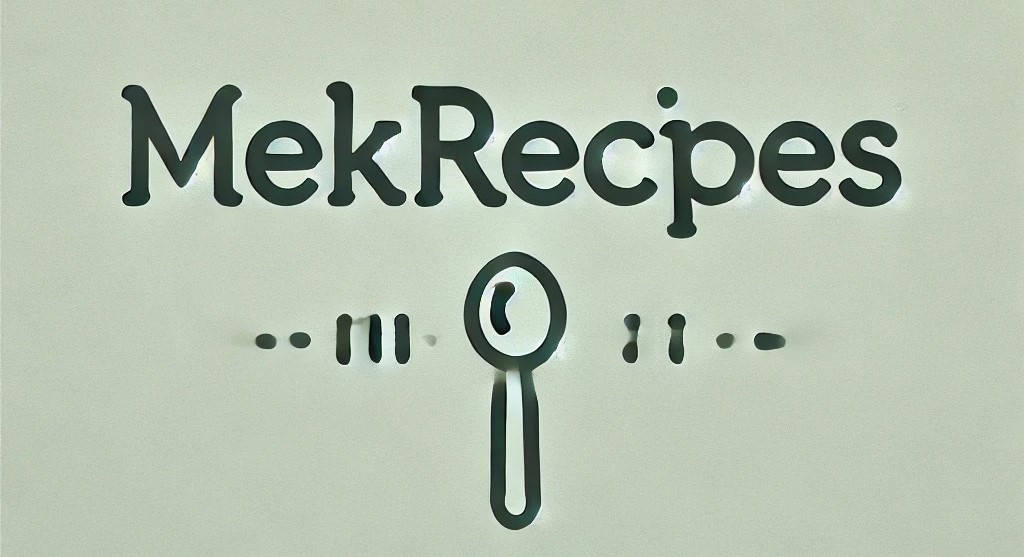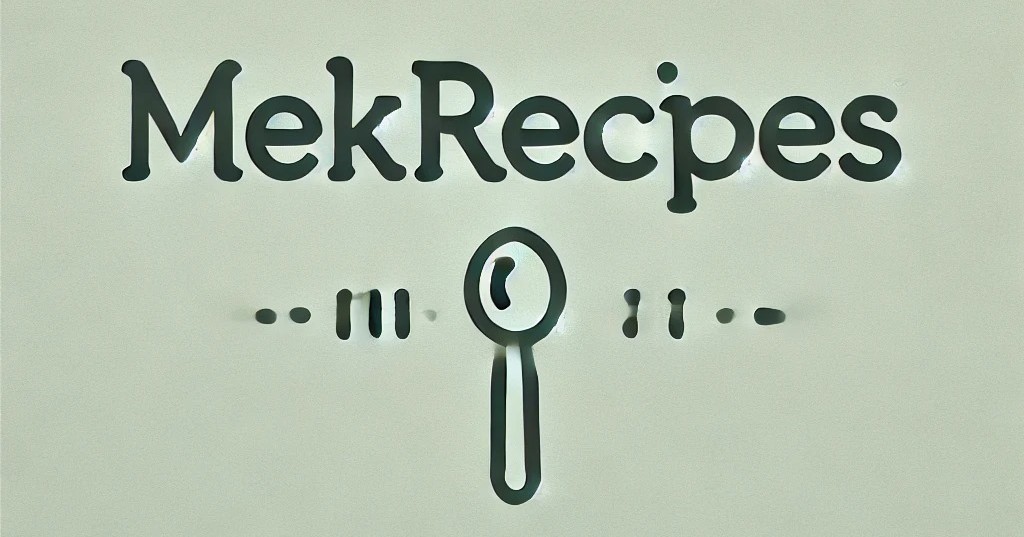Asti, January tenth, 2025 – The stability of Asti Spumante and Moscato d’Asti manufacturing is constructive, with the whole bottles for 2024 surpassing the 90 million mark, which is in step with the earlier yr’s efficiency. That is reported by the Consorzio Asti DOCG, which compiled the manufacturing and gross sales information for the world’s most vital DOCG within the fragrant wines section.

Main the outcomes is Moscato d’Asti, which closes the yr with over 33 million bottles, exhibiting double-digit progress, significantly pushed by demand from america, Italy, and rising consumption within the Far East (South Korea and China). The bottling of Asti Spumante reveals a slight decline, however exports stay steady (-0.8% quantity within the first 9 months of 2024). Shipments to Japanese Europe are on the rise, with Latvia (+5%) and Russia (+49%) accounting for over a 3rd of whole exports throughout this era; america reveals a slight lower (-2%), whereas the United Kingdom grows by 10%.
“We may be glad,” mentioned Stefano Ricagno, president of Consorzio Asti DOCG. “Regardless of market uncertainties, these outcomes present that consumption traits are more and more targeted on low-alcohol merchandise each in Italy and overseas. Moscato d’Asti and Asti Spumante are naturally low in alcohol, and so they’re each conventional and trendy on the similar time, capable of seize new traits like these seen in cocktails, which are actually present in each nook of the world.”
“The power of this denomination lies within the potential of the availability chain,” commented Lorenzo Barbero, Senior Vice President. “It permits us to supply and market our wines, penetrating extra and extra worldwide markets, confirming that our denomination is appreciated worldwide.”
The Moscato Bianco grape, which is the idea of the Asti DOCG denomination, is cultivated in 51 municipalities within the provinces of Alessandria, Asti, and Cuneo, masking round 10,000 hectares throughout the UNESCO World Heritage wine panorama. At the moment, there are 1,013 consortium member corporations, divided amongst 50 glowing wine homes, 778 wineries, 153 winemaking companies, 17 wine producers, and 15 cooperative wineries. 90% of the manufacturing is exported.



